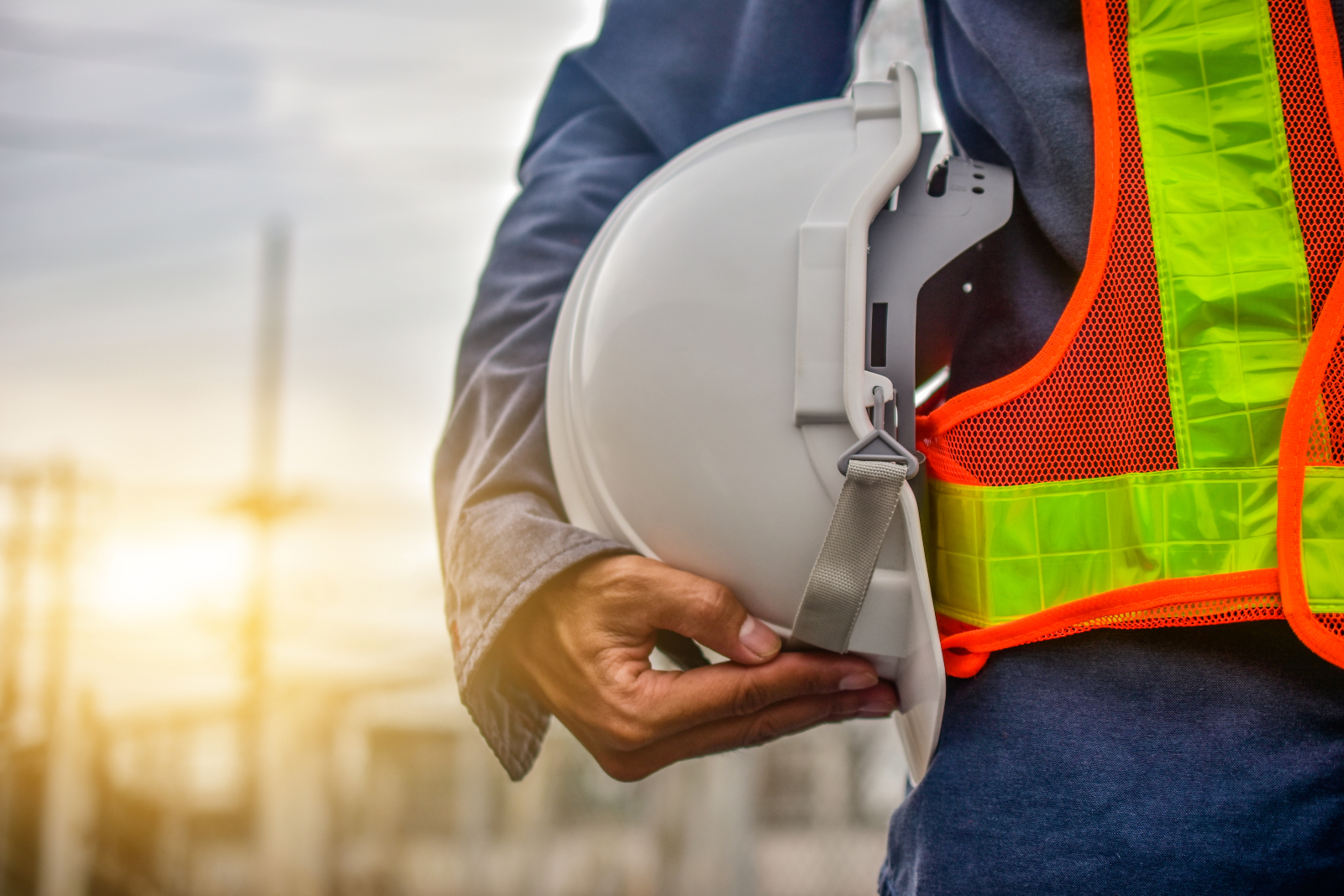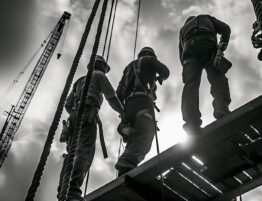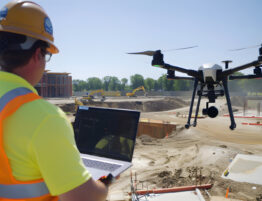
Since COVID-19, we’ve all come to use the term PPE in our everyday conversations, mainly associating it with the use of face masks. However, in construction, this now familiar term refers to several layers of protective equipment, without which a construction site can become a very dangerous place for its workforce.
This is especially true when it comes to head/ brain injuries which are actually more common than many of us think, accounting for 20% of all fatal and non-fatal injuries in the UK. Whilst some of those non-fatal head injuries can be minor, others can lead to debilitating, life-changing health complications that not only affect the individual involved but also impact on the lives of their wider family members.
Having carried out a survey with the construction industry in 2020 and looked at other key facts, the brain injury charity, ‘Headway’, designated one week this June (14th – 20th) as Hard Hat Awareness Week.
In partnership with Centurion Safety Products, Headway wanted to use this campaign to raise awareness of how important it is to choose, wear and maintain the right head protection while on site and also to increase understanding of concussion (a temporary brain injury caused by a blow to the head).
Take a look at these findings and you’ll see why:
- Head protection accounts for only 3% of PPE purchases with, on average, people spending only £5 – £8 on their safety helmet (compared to £25-£30 on safety boots).
- Among those who experienced a head injury at work, 52% did not report an incident to their manager and just 6% sought medical attention.
- 15% of respondents in the survey stored their hard hat in an unsuitable way, such as in direct sunlight or extreme temperatures.
- Over half (58%) painted, marked or applied decals or labels to their helmet, all of which can cause a chemical attack and reduce its durability.
- Almost a quarter (24%) were unaware that exceeding the expiry date of a hard hat can reduce the level of protectivity and 28% did not know where to find their helmet’s expiry date or were unaware it had one.
Staying safe
Ensuring your head protection is worn and cared for correctly is the key to remaining safe and preventing life-changing injuries.
As part of their awareness-raising activity, Headway has urged everyone in the construction sector to audit their equipment now. Although we’re slightly late for the official Hard Hat Awareness Week, this is an important issue so here’s what you should do:
- Check if the equipment is still in date (most manufacturers recommend replacing hard hats every five years regardless of external appearance).
- Check your safety helmet/hard hat for any signs of wear and tear. Even if it is in date, exposure to environments such as high temperatures, chemicals, or sunlight can significantly shorten the product’s life span.
- Remove any unchecked stickers and sanitise and clean the equipment in a safe environment.
- Conduct a risk assessment that takes account of the specific environment you’re working in. Pay attention to (and eliminate) as many of the potential root causes of head injuries as possible (e.g. hazardous working environments that might cause slips, trips and falls).
- Seek out the best hat for the job. For example, the European Standard for industrial safety helmets is different for those working on the ground (EN 397) to those working at height (EN 12492).
Concussion
Another key aim of the campaign is to educate people on the risks of concussion, including helping them to understand the early warning signs so as to avoid any critical health issues. Because this is another topic that shouldn’t be taken lightly we’ll come back to it in more detail in a future blog. Meanwhile, if you think you have a concussion or suffer any kind of head injury at work, remember to take these three vital steps:
STOP – to recognise how you feel.
REPORT IT – to your line manager.
RECOVER – before going back to your daily activities.
30.06.2021
Feature image: Freepik








